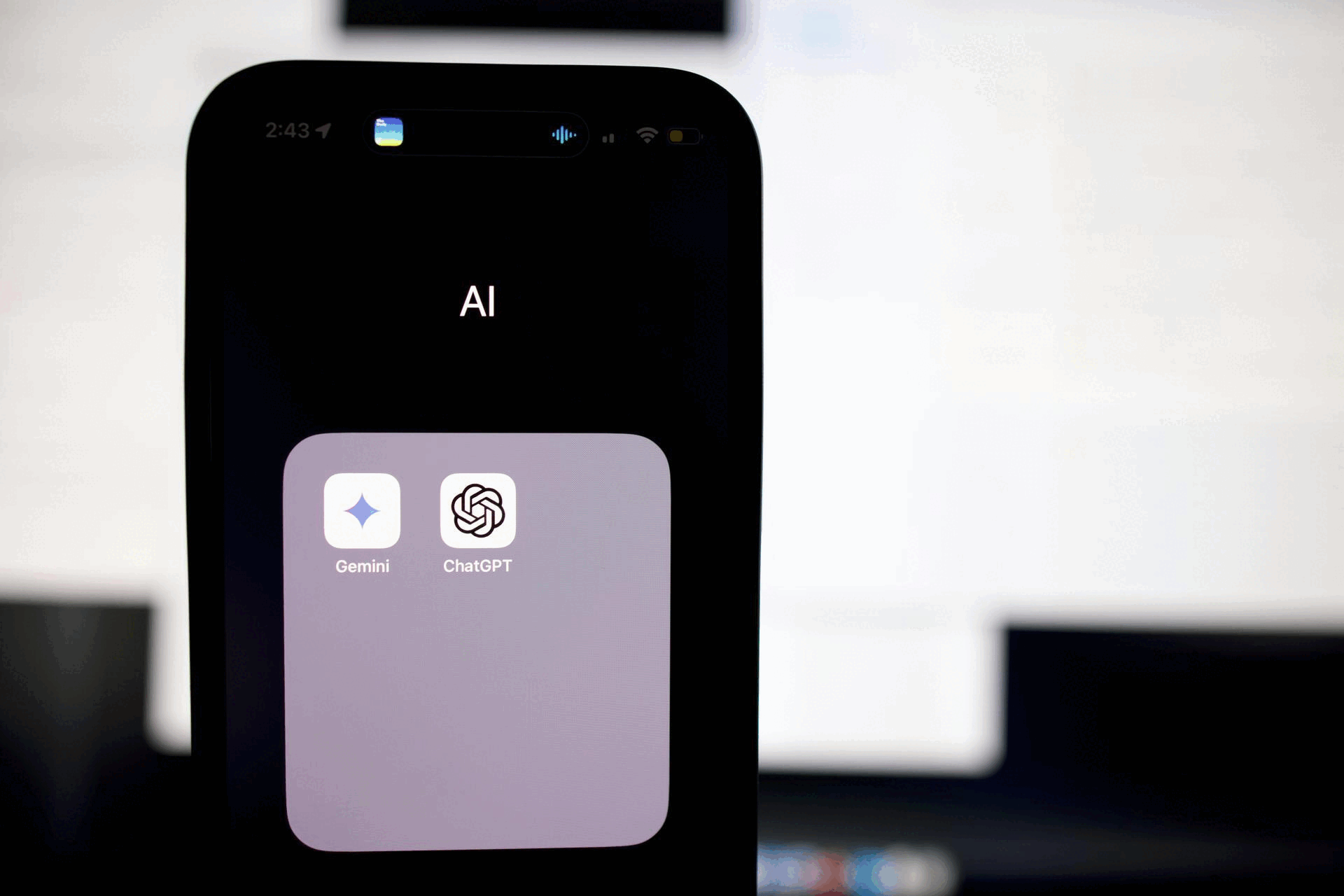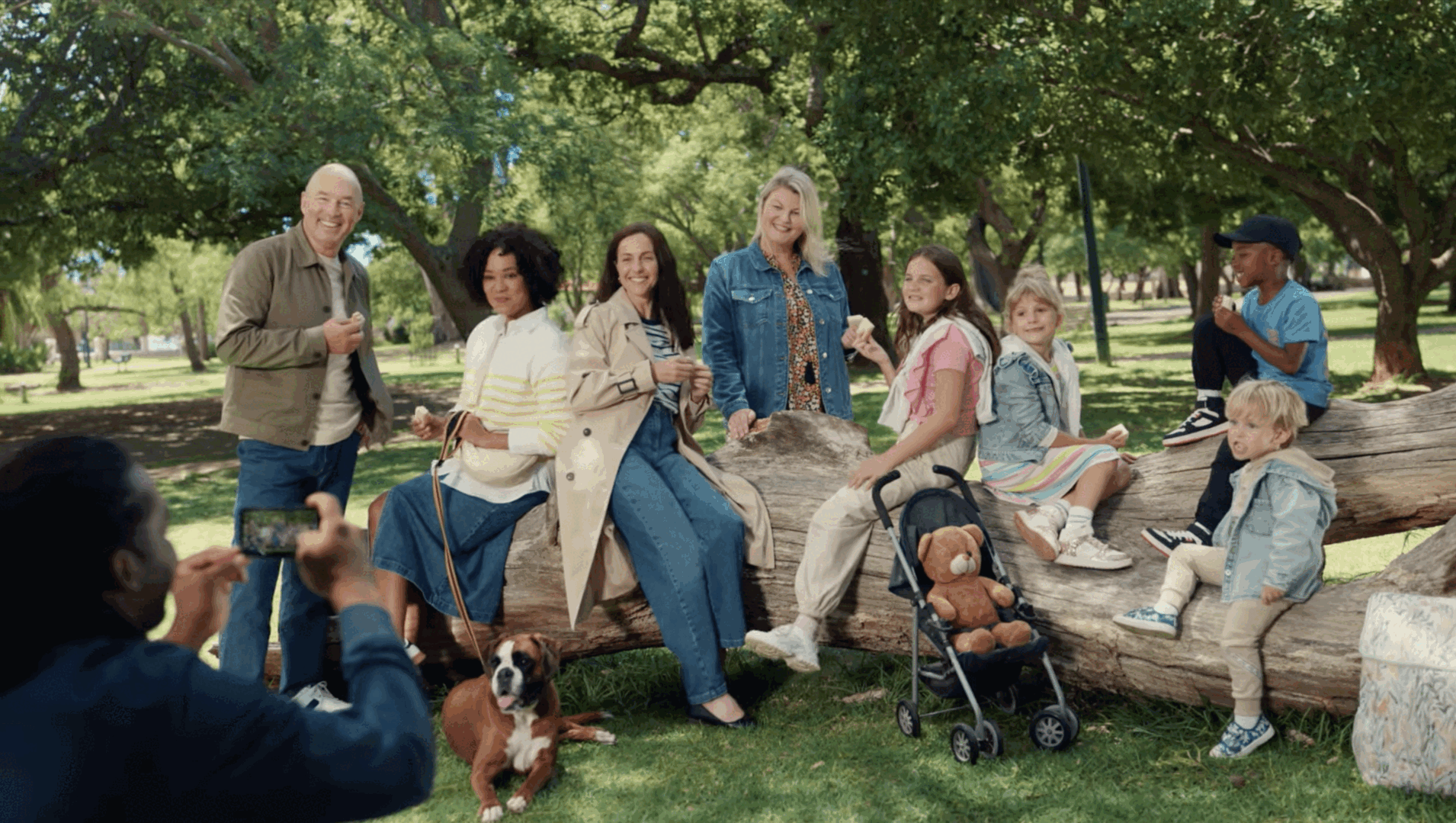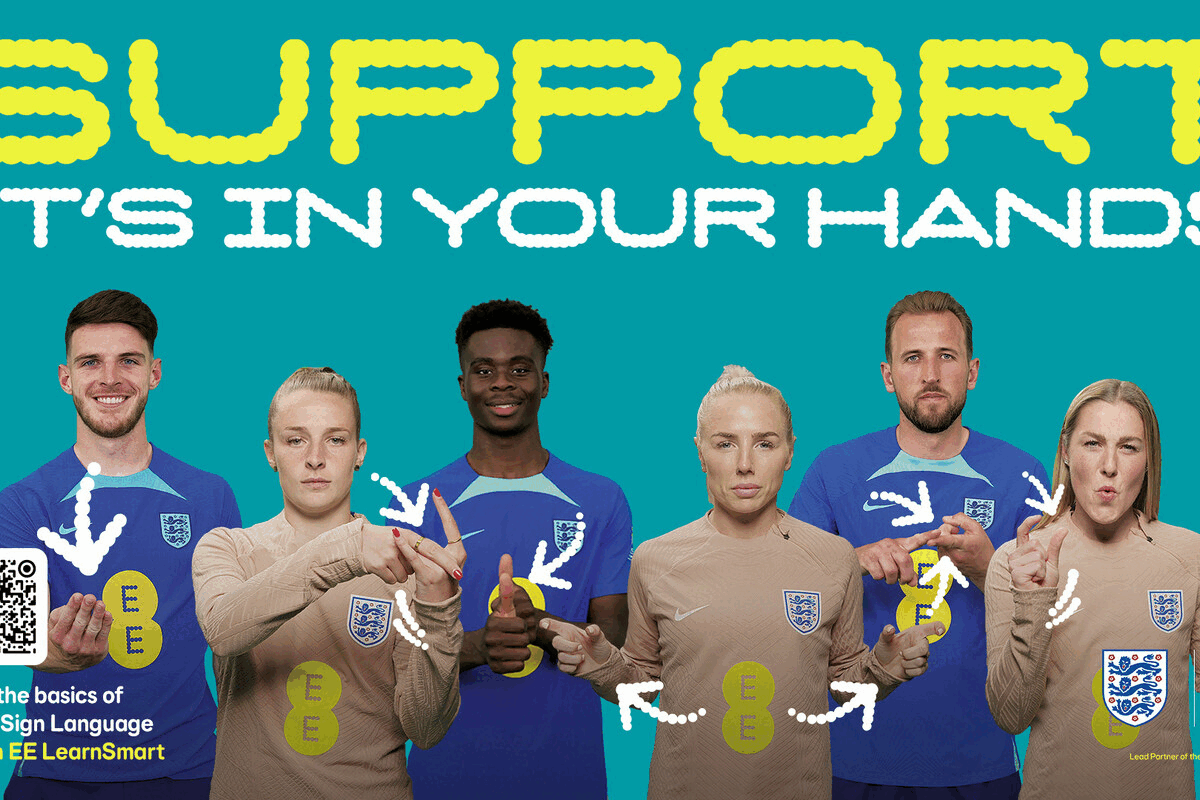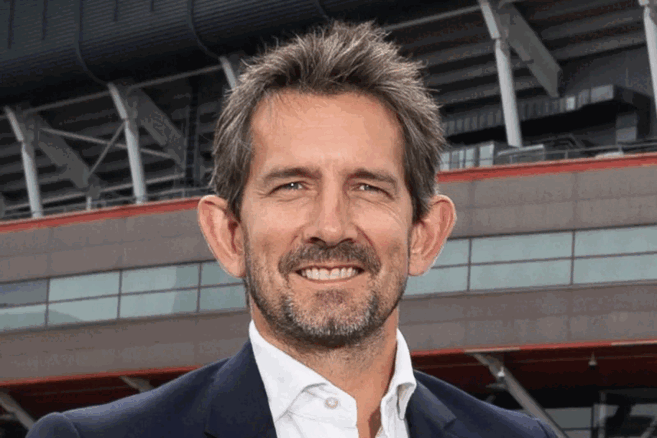YouTube says it has fixed Restricted Modes issues with LGBTQ videos
- Monday, April 24th, 2017
- Share this article:

Over a month after YouTube was criticised for blocking LGBTQ videos with its Restricted Mode, the video service says the issue has been resolved.
Meant to filter out violent, sexual or otherwise adult content – similar to Google Safe Search – Restricted Mode was discovered to be filtering out perfectly family-friendly videos on LGBTQ topics.
This attracted criticism from prominent LGBTQ creators, including pop group Tegan & Sara and, at YouTube’s own event at Ad Week, popular YouTubers Rosie Spaughton and Rose Ellen Dix.
“Why was this sort of thing not tested?” said Dix at the event. “The Restricted Mode has been around for several years, so how did the engineers who built it not realise that it was affecting videos this way? They need to test it more thoroughly before they roll these sort of changes out.”
In a blog post announcing that YouTube had been working to address these issues, YouTube VP of product management Johanna Wright said: “We want to clarify that Restricted Mode should not filter out content belonging to individuals or groups based on certain attributes like gender, gender identity, political viewpoints, race, religion or sexual orientation.”
The improvements include an engineering fix which has restored 12m videos to Restricted Mode, including ‘hundreds of thousands’ featuring LGBTQ content. YouTube has also introduced a form that creators and viewers can use to flag up videos that have been wrongly blocked by the filter.
It has also pledged to be more transparent about the factors that lead to content being marked as restricted. The list of red flags unsurprisingly includes profane language and topics like sex, violence and drug use, but also mature subjects. Among these, YouTube which classes discussion of terrorism, crime and political conflicts, “even if no graphic imagery is shown”. This is a much less clear line, and YouTube acknowledges that its automated processes wont get it right every time.
“Though Restricted Mode will never be perfect, we hope to build on our progress so far to continue making our systems more accurate and the overall Restricted Mode experience better over time,” said Wright.
















